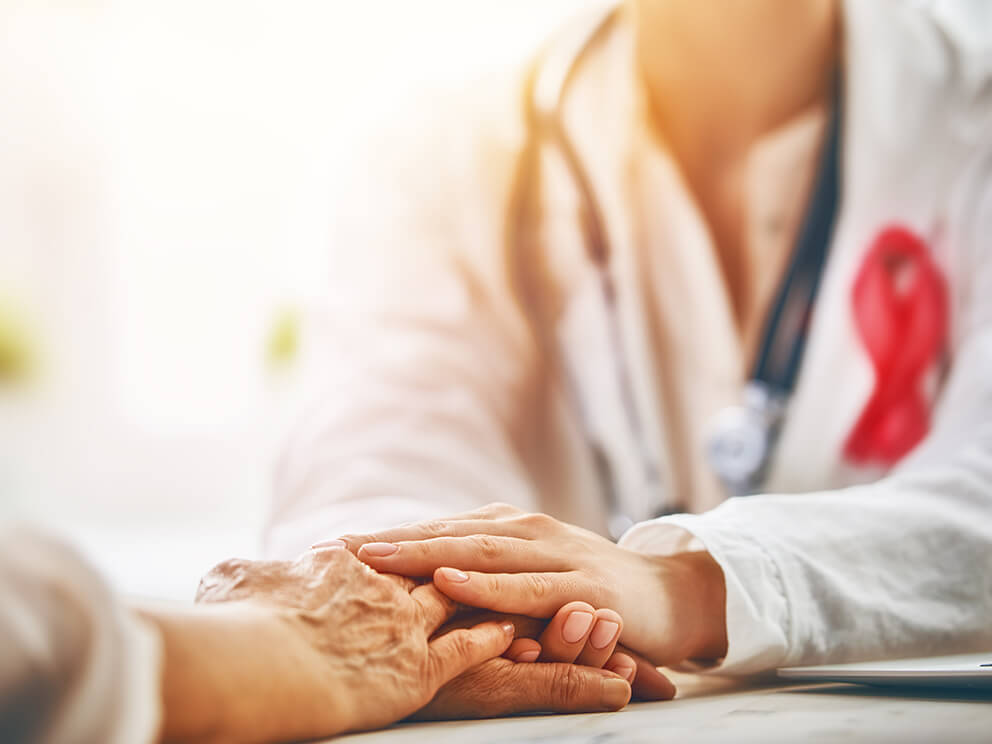What is Pancreatitis?
Pancreatitis is the most common form of exocrine pancreatic disease. In pancreatitis, the “factory” manufacturing and storing digestive enzymes for transport into the intestines explodes and the enzymes escape into the surrounding tissues. The enzymes digest and destroy the surrounding tissues resulting in considerable swelling or inflammation and increased amounts of blood in the pancreatic vessels. Pancreatitis can be very serious and is often fatal if not treated and lifestyle changes made. Multiple attacks of pancreatitis will eventually irreparably damage your pancreas and chronic pancreatitis will develop.









